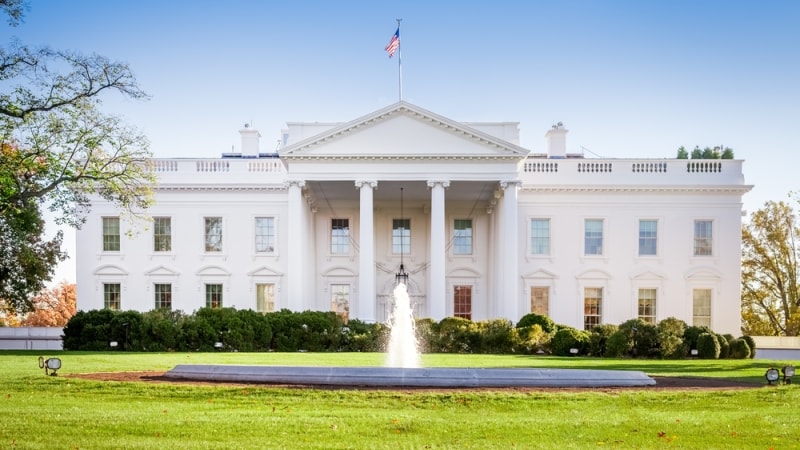
President Biden issued an executive order (EO) today that largely tracks existing administration policy aimed at advancing racial equity and support for underserved communities in the U.S., but also features several technology, data, and contracting-related mandates.
The new EO – Further Advancing Racial Equity and Support for Underserved Communities Through the Federal Government – builds off a January 2021 executive order that emphasized “the enormous human costs of systemic racism and persistent poverty,” and ordered a “powerful and unprecedented mandate for all federal agencies to launch a whole-of-government approach to equity.”
The order issued today, the White House said, “reaffirms the administration’s commitment to deliver equity and build an America in which all can participate, prosper, and reach their full potential.”
Among its top-line provisions are:
- Requirements for Federal agencies to produce an annual Equity Action Plan that assesses and offers “actions to address the barriers underserved communities may face in accessing and benefitting from the agency’s policies, programs, and activities”;
- Requirements for Federal agencies to build out and resource Agency Equity Teams and designate senior leaders to carry out the administration’s equity mandate; and
- Requirements for agencies to “improve the quality, frequency, and accessibility of their community engagement.”
On the contracting front, the EO instructs the Office of Management and Budget (OMB) to support agency Equity Action Plans through the President’s budget request to Congress.
The order also “formalizes the President’s goal of increasing the share of Federal contracting dollars awarded to small disadvantaged business (SDBs) by 50 percent by 2025,” the White House said. It also “instructs agencies to expand procurement opportunities for small disadvantaged businesses through grants from the Bipartisan Infrastructure Law, Inflation Reduction Act, and other investments and programs that flow through states and local entities.”
In the technology realm, the new EO instructs Federal agencies to “focus their civil rights authorities and offices on emerging threats, such as algorithmic discrimination in automated technology; improve accessibility for people with disabilities; improve language access services; and consider opportunities to bolster the capacity of their civil rights offices.”
The order also tells agencies to “ensure that their own use of artificial intelligence and automated systems also advances equity.”
Finally, the executive order directs the Working Group on Equitable Data, which is housed within the National Science and Technology Council, “to facilitate better collection, analysis, and use of demographic data to advance equity, and to regularly report on progress to the White House and the American public.”
